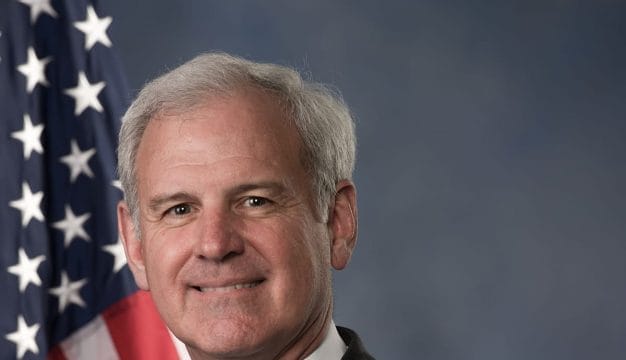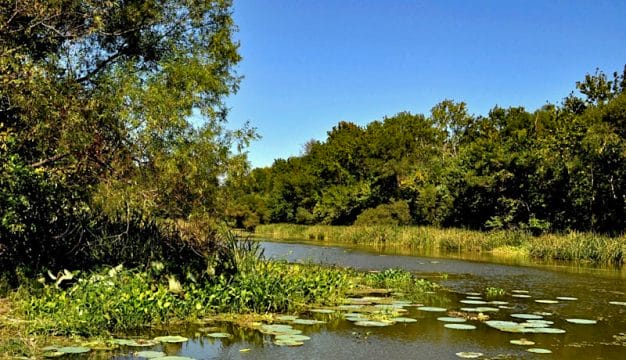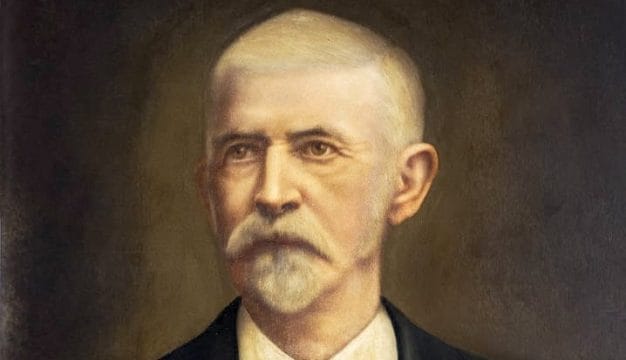Ariosto A. Wiley
Ariosto Appling Wiley (1848-1908) represented Alabama’s Second Congressional District as a Democrat from 1901 to 1908. He also served in the Alabama House and Senate and the Alabama National Guard and was a veteran of the Spanish-American War.
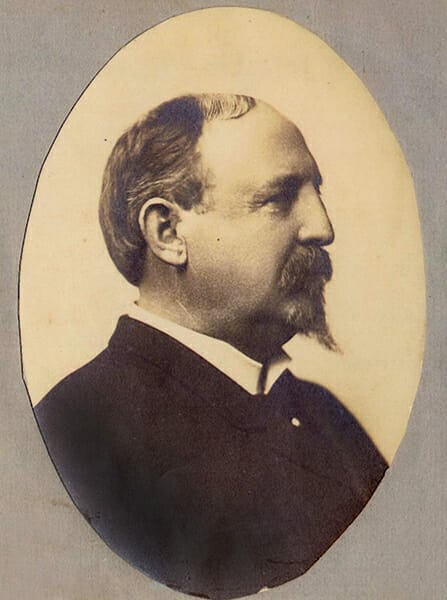 Ariosto A. Wiley
Wiley was born in Clayton, Barbour County, on November 6, 1848, to James McCaleb Wiley and Cornelia Appling Wiley. From this union, he had three sisters and one brother, Oliver Cicero Wiley, also served in the U.S. House of Representatives (1907-1908). He had four half-siblings from his father’s previous marriage. One of whom, Henry Clay Wiley served in the Confederate Army with a Texas cavalry regiment and later became a lawyer. James McCaleb Wiley was a physician and lawyer who also served as a circuit court judge. He would be elected to the U.S. Congress in 1866 but was not allowed to take his seat; Alabama had not been readmitted to the Union. Wiley and his family moved to Pike County when he was still a child, and he attended local schools in the area. Intent on a career in law, Wiley entered Emory and Henry College in Emory, Virginia, during the late 1860s, and graduated with a bachelor’s degree in 1871 and a law degree in 1872. Afterwards, Wiley established a law practice in Clayton. He soon moved to Montgomery, Montgomery County, and established a larger practice with former Alabama Supreme Court justice Samuel F. Rice and Judge Thomas Goode Jones.
Ariosto A. Wiley
Wiley was born in Clayton, Barbour County, on November 6, 1848, to James McCaleb Wiley and Cornelia Appling Wiley. From this union, he had three sisters and one brother, Oliver Cicero Wiley, also served in the U.S. House of Representatives (1907-1908). He had four half-siblings from his father’s previous marriage. One of whom, Henry Clay Wiley served in the Confederate Army with a Texas cavalry regiment and later became a lawyer. James McCaleb Wiley was a physician and lawyer who also served as a circuit court judge. He would be elected to the U.S. Congress in 1866 but was not allowed to take his seat; Alabama had not been readmitted to the Union. Wiley and his family moved to Pike County when he was still a child, and he attended local schools in the area. Intent on a career in law, Wiley entered Emory and Henry College in Emory, Virginia, during the late 1860s, and graduated with a bachelor’s degree in 1871 and a law degree in 1872. Afterwards, Wiley established a law practice in Clayton. He soon moved to Montgomery, Montgomery County, and established a larger practice with former Alabama Supreme Court justice Samuel F. Rice and Judge Thomas Goode Jones.
In 1877, Wiley married Mary “Mittie” Noble. They had one son, Noble James Wiley, who later served as a colonel in the U.S. Army. Wiley won a seat in the Alabama House of Representatives in 1883 to represent Montgomery County in the 1884-1885 session and served on multiple committees. In 1880 and 1884, Wiley was a delegate to the Democratic National Convention in which the party nominated the unsuccessful presidential candidate Winfield Scott Hancock, a former Union general, and the successful Grover Cleveland, respectively. Wiley was reelected to the Alabama House of Representatives in 1887 and served in the 1888-1889 session. From 1890 to 1893, Wiley served in the Alabama Senate. He returned to the House for the 1896-1897 session and was reelected to the Senate in 1897, serving from 1898 to 1899. In June 1898, Pres. William McKinley appointed Wiley lieutenant colonel in the Fifth Regiment of the Volunteer Infantry that was deployed to Cuba during the Spanish-American War. There, Wiley served as a legal adviser and chief of staff for Gen. Henry W. Lawton and also as an adviser to Gen. Leonard Wood. Wiley and Wood later worked together to form a civil government in one Cuban province.
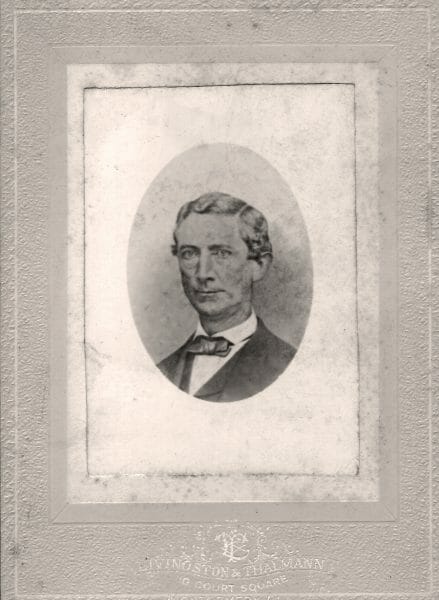 Samuel F. Rice
In 1900, Wiley won the open seat in Congress representing Alabama’s Second Congressional District that had been held by Democrat Jesse Francis Stallings by easily defeating Populist candidate William Mulkey. Wiley won reelection in 1902, again by a significant margin, and served on the House committees for the militia and pensions. Wiley served four consecutive terms in the U.S. House of Representatives, winning reelection again in 1904 and 1906. His district covered the counties in southeast Alabama. While in Congress, he was involved in improving military organization, worked to help homesteaders in Alabama, obtained funding for making improvements to the Alabama River, worked for legislation that enabled relics of the Spanish-American War be brought to Alabama, and supported rural mail service delivery.
Samuel F. Rice
In 1900, Wiley won the open seat in Congress representing Alabama’s Second Congressional District that had been held by Democrat Jesse Francis Stallings by easily defeating Populist candidate William Mulkey. Wiley won reelection in 1902, again by a significant margin, and served on the House committees for the militia and pensions. Wiley served four consecutive terms in the U.S. House of Representatives, winning reelection again in 1904 and 1906. His district covered the counties in southeast Alabama. While in Congress, he was involved in improving military organization, worked to help homesteaders in Alabama, obtained funding for making improvements to the Alabama River, worked for legislation that enabled relics of the Spanish-American War be brought to Alabama, and supported rural mail service delivery.
In 1908, the physical effects of Wiley’s ongoing struggle with inflammatory rheumatism became apparent. In an effort to restore his health, Wiley travelled to Hot Springs, Virginia, and died there on June 17, 1908. His brother Oliver was elected to fill the congressional seat. He is buried in Oakwood Cemetery in Montgomery.
Further Reading
- DeLand, T.A., and A. Davis Smith. Northern Alabama: Historical and Biographical. Birmingham, Alabama: Smith and DeLand, 1888.
